from A Praying Life by Paul Miller
“Whatever you ask in my name, I will do it so that the Father may be glorified in the Son. If you ask me anything in my name, I will do it.” — John 14:13–14
Jesus’ brother James comes to the rescue and balances out Jesus’ extravagant promises. James describes two dangers in asking. The first danger, on the left side of the following chart, is Not Asking. James writes, “You do not have, because you do not ask.” The second danger is Asking Selfishly: “You ask and do not receive, because you ask wrongly, to spend it on your passions” (James 4:2-3). We can fall off either cliff.
Jesus’ prayer at Gethsemane demonstrates perfect balance. He avoids the Not Asking cliff, saying, “Abba, Father, all things are possible for you. Remove this cup from me” (Mark 14:36). Those who err on the Not Asking side surrender to God before they are real with him. Sometimes we try so hard to be good that we aren’t real. The result is functional deism, where we are separated from God. The real you doesn’t encounter the real God.
In the next breath, Jesus avoids the Asking Selfishly cliff by surrendering completely: “Yet not what I will, but what you will” (14:36). Jesus is real about his feelings, but they don’t control him, nor does he try to control God with them. He doesn’t use his ability to communicate with his Father as a means of doing his own will. He submits to the story that his Father is weaving in his life.
If you try to understand Jesus’ prayer purely on a rational level, it seems crazy. Why would Jesus ask his Father for something he knows he wouldn’t do? But reason is only part of who we are as image bearers of God. Desire, feelings, and passion are also part of who we are. If we remember that Jesus is a person and not a robot, then it makes perfect sense.
An analogy may help. On 9/11 the intense heat of the fire in the World Trade Center made it impossible for those trapped by the flames to descend but also impossible to stay where they were. People responded with their only alternative—jumping to their deaths, many holding hands as they leaped. What’s the point of holding hands? They knew they were going to die, whether or not they were holding hands. But life is more than logic. As humans, we reflect the complexity of God. Part of divine beauty is that we were made for community, so when we leap to our death, we hold hands with a friend. When Jesus asks his Father to “remove this cup from me,” he knows that the divine community he shares with his Father is going to be broken at the cross. In asking and surrendering, just for a moment, he is holding hands with his Father.
Shadrach, Meshach, and Abednego are in a similar situation when they face the heat of a blazing furnace. They respond to Nebuchadnezzar’s command to bow before him with the identical balance of Jesus. They tell the king, “Our God whom we serve is able to deliver us from the burning fiery furnace, and he will deliver us out of your hand, O king” (Daniel 3:17). They avoid the cliff of Not Asking by boldly declaring that God would rescue them. Then, in the next breath, they say, “But if not, be it known to you, O king, that we will not serve your gods” (3:18). While this sounds like a contradiction, these men are asking boldly and surrendering completely. They avoid functional deism or separation from God by their bold statement of God’s deliverance; then they avoid living selfishly by their complete surrender to the story God has placed them in.


